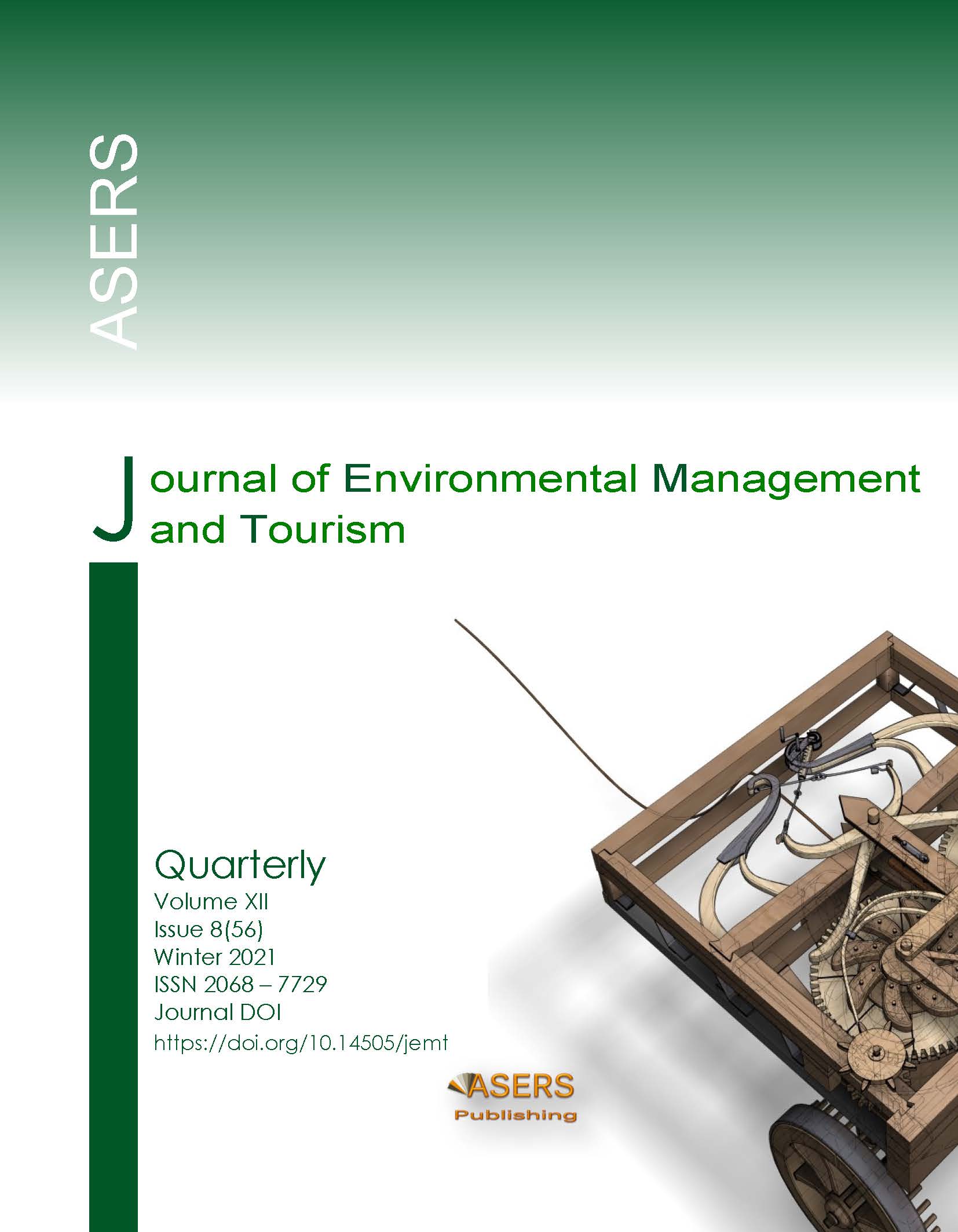Cultural Heritage in Peja and Turkish Denominations
Cultural Heritage in Peja and Turkish Denominations
Author(s): Leonora Husaj, Valdrin HusajSubject(s): Morphology, Historical Linguistics, Comparative Linguistics, Tourism
Published by: ASERS Publishing
Keywords: cultural heritage; objects; lending; denominations; tower; mosque;
Summary/Abstract: International words are divided by field of use: in political and social life; in the field of science and technology; art, transportation, sports, medicine and others. According to the source: the international words are from Greek, Latin, Italian, French, and English. Borrowings can also be grouped by historical background. We can also view the borrowed layer by the donor of language. In behalf of it, we have words of Greek, Slavic, Latin and Roman origin, and especially influences from Roman languages that came from Latin, such as Italian and French and Turkish words that entered in Albanian language since the 15th century till now. The areas most affected by Turkish words were: urbanism, clothing, kitchen and administration. The impacts on agriculture, livestock and vegetation were less. The earliest are lexical borrowings in the field of warfare and clothing: trumpets (alb. Bori), sheets (alb. Çarçaf), socks (alb. Çorape), drums (alb. Daulle), chops (alb. Dyfek), wicks (alb. Fitil), chests (alb. Sënduk); then words come in from other areas as well: dad (alb.baba), haughty (alb. Fodull), barn (alb. Hambar), moat (alb. Hendek), coffee (alb. Kafe), violets (alb. Manushaqe), shopping (alb. Pazar), curtains (alb. Perde), brandy / rakia (alb. Raki), pockets (alb. Xhep). The first fund of Turkish words came and grew with words of culinary, social life. It should be noted that many words of the Oriental source have been used by Albanian language and have become its property. Most of the Turkishness belong to the mobile fields, such as social, economic, administration, war, urbanism, and clothing and in kitchen area. Many words coming from Turkish to Albanian, such as fatherhood (alb. Baballëk), world (alb. Dynja), lazy (alb. Dembel), stupid (alb. Ahmak) are used in fiction of satirical and humorous writing, especially as tools with stylistic value. Many words sourced from Turkish have been left in separate speech of discourse and have not entered on the lexicon of standard language. Contemporary borrowings are the words that have recently come from English, French, and Italian. Based on the frequency of vocabulary use in a language, they are distinguished on active layers (words which are on everyday use), and passive layers, (consisting of words that are not widely known or that other words are used instead). So words like: homeland-tr.vatan, time-tr.zaman, (Both words are used as Turkish sources) (Thomaj J. , 2006). In the languages of the Balkan Peninsula have entered, more or less borrowings from Turkish, depending on contacts of the Balkan peoples with the Turks, who administered over these peoples for several centuries. Turkish influence on the Balkan languages has mainly affected the vocabulary (Demiraj, 1994). In the Balkan languages, along with borrowed words, there are also some suffixes, which in general have not become productive. The Turkish suffixes present in the Balkan languages are: -çe/turkçe,-xhi/-çi, bojaxhi- painter, and sahatçi-watch master;-li/-lli sevdalli- in fond of love, namusli-self respect, qejfl- fun-loving; -llëk/nikoqirllëk-hostility, budallallëk-stupidity, and fukarallëk-poverty. (Ibid. 1994, pp. 196-197).(Demiraj, pp. 196-197). Method of the work: The paper presents a link between the method of comparison, the method of theoretical observation and the verification of exact things.
Journal: Journal of Environmental Management and Tourism (JEMT)
- Issue Year: XII/2021
- Issue No: 8(56)
- Page Range: 2074-2081
- Page Count: 7
- Language: English
- Content File-PDF

